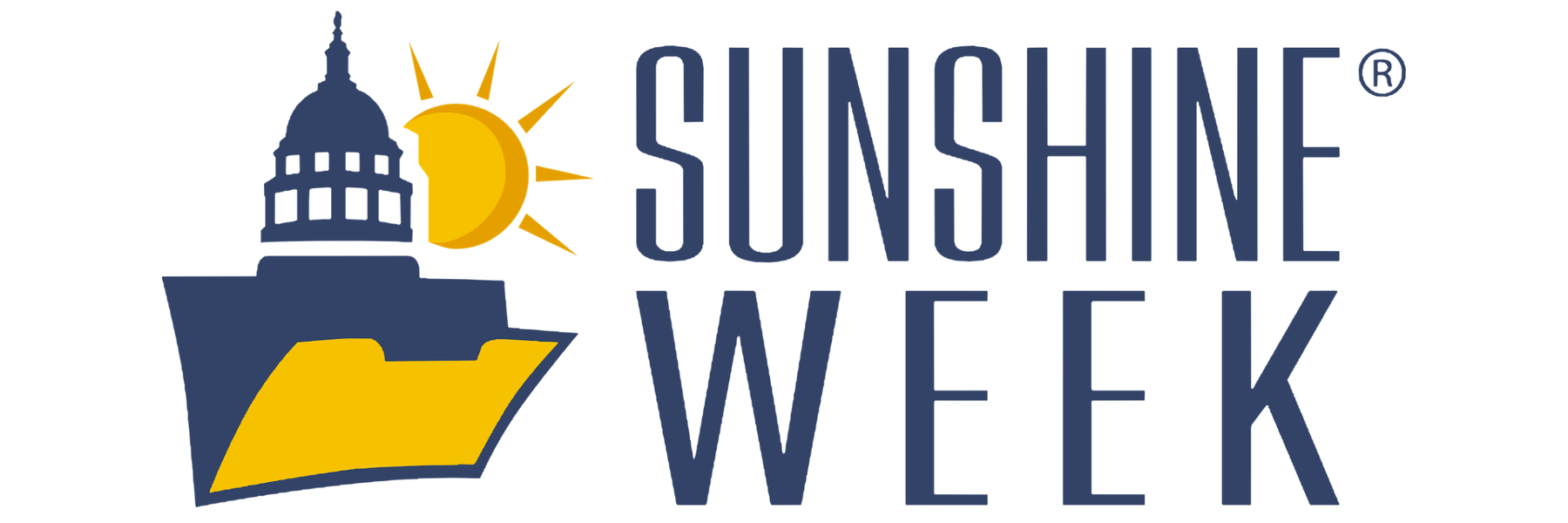The Freedom of Information Act, transparency’s landmark legislation, was signed into law on July 4, 1966 by President Lyndon B. Johnson.
Since its passage, journalists, researchers, activists and all sorts of other people have come together to request government documents, making politics more transparent and democracies more informed.
Get in the spirit of the holidays by making your own public records request with some tips from your fellow MuckRockers.
Shoes off, laptops out and no fireworks
While many of us are concerned with keeping our liquids under 3 ounces, some travelers have brought fireworks and other banned items through airport checkpoints. A decade ago, MuckRock requester Donald Triplett III wanted to know how many fireworks were seized by the Transportation Security Administration during the Fourth of July holiday.
The TSA responded to the request showing a total of 125 fireworks seized between June 29th, 2014 and July 7th, 2014.
The cost of firework displays in your town
While you enjoy your city’s fireworks display, take the time to ask yourself: How much did that cost?
Our very own Michael Morisy asked that same question of the city of Bartlett in Tennessee. In response to Morisy’s public records request, the city revealed in 2013, their budget for that year’s firework extravaganza was $18,000.
Celebrate FOIA with some cake
In honor of FOIA’s 50th anniversary in 2016, former MuckRock editor JPat Brown requested photos of U.S. presidents and cakes, from former President Calvin Coolidge to President Barack Obama.
The Update
-
The legacy of the National Security Archive: The National Security Archive is a nonprofit founded by “journalists and scholars to check rising government secrecy.” Nancy Schola at Washingtonian highlights the work of Tom Blanton and the National Security Archive in uncovering documents from the federal government which in turn led to“unredacted truth about our history.”
-
Expanding FOIA in Michigan: Michigan’s state Senate has passed a bill that would expand the state’s Freedom of Information Act and open up the governor’s office and Legislature to public records requests, reports Jordyn Hermani in Bridge Michigan. The bill will now pass to the House for consideration this fall.
-
Alabama’s must disclose voter records: A new ruling by the U.S. 11th Circuit Court of Appeals says that Alabama must disclose certain voter records upon request. While a step towards transparency, the ruling also says the state is “not required to provide them in electronic format,” reports Alander Rocha in the News from the States.
FOIA Finds
-
Pulling one over on Jerome Powell and the Fed: Bloomberg investigative reporter Jason Leopold obtained documents from the Federal Reserve that revealed how Russian pranksters tricked Federal Reserve Chair Jerome Powell “into a virtual meeting during which they discussed inflation and rate hikes.” Leopold obtained email communications and the Federal Reserve’s investigative report about the incident.
-
NYPD Commissioner burying police misconduct: A new investigation by ProPublica and the New York Times reveals how New York City’s Police Commissioner Edward Caban used a little-known authority called “retention” to prevent officers accused of misconduct from facing public disciplinary trials. ProPublica obtained internal records and learned about Caban’s conduct through public records and other sources, reports ProPublica’s editor-at-large Eric Umansky.
-
How Kentucky supports homeless students: Over 1,000 children are homeless in Kentucky’s Fayette County Public Schools system. Lexington Herald-Leader reporters Beth Musgrave and Valarie Honeycutt Spears uncovered how the school district is supporting these students through federal grants after obtaining the information through a public records request.




